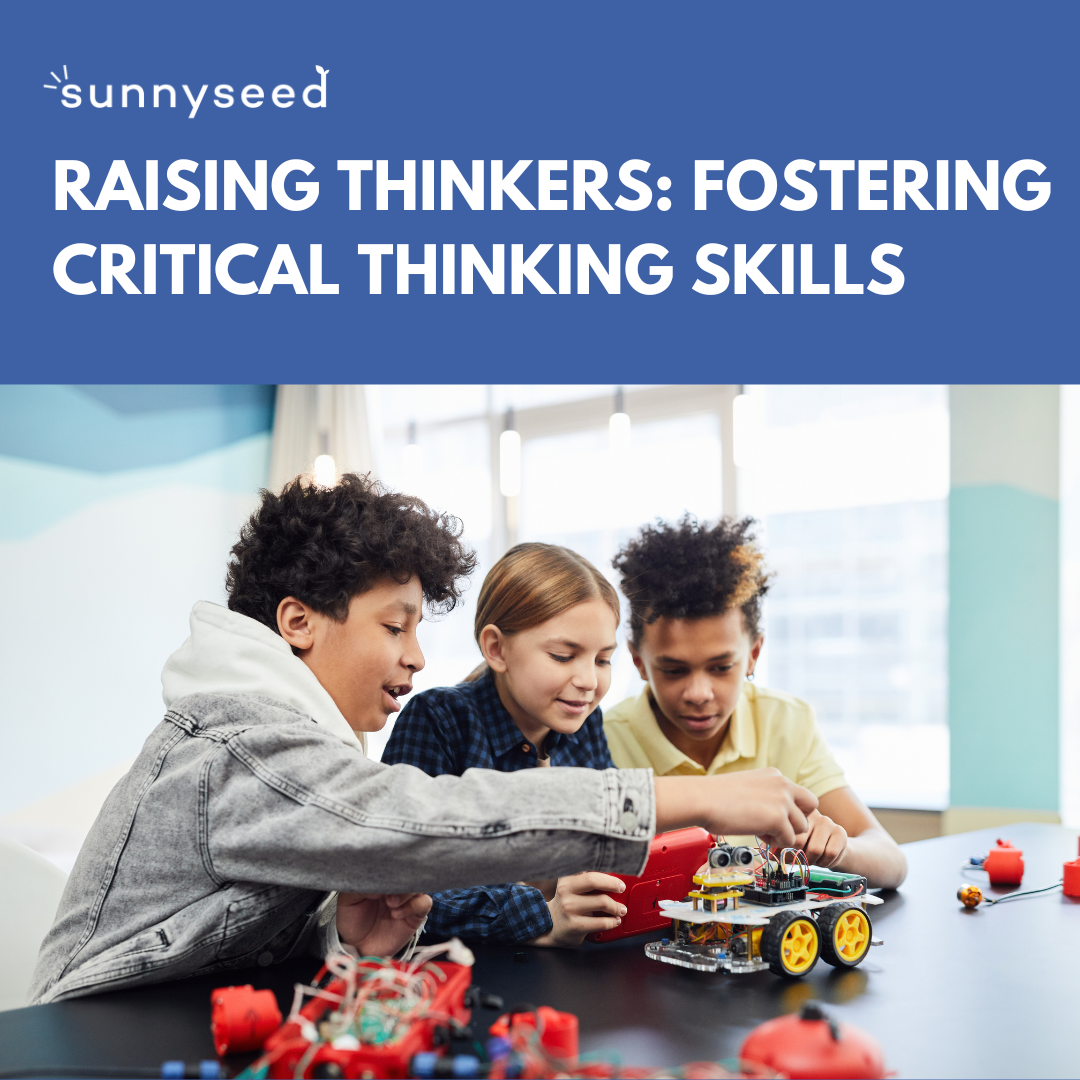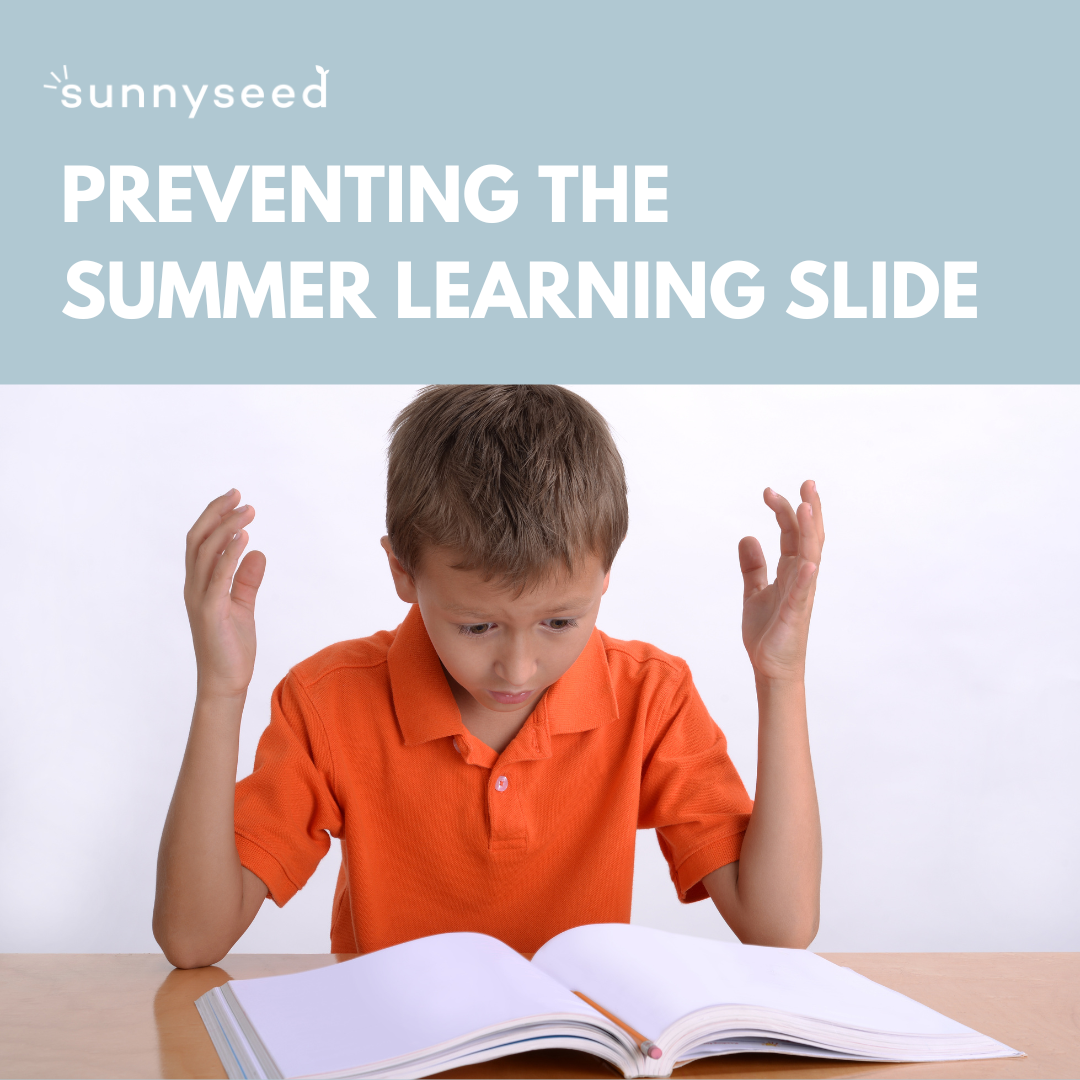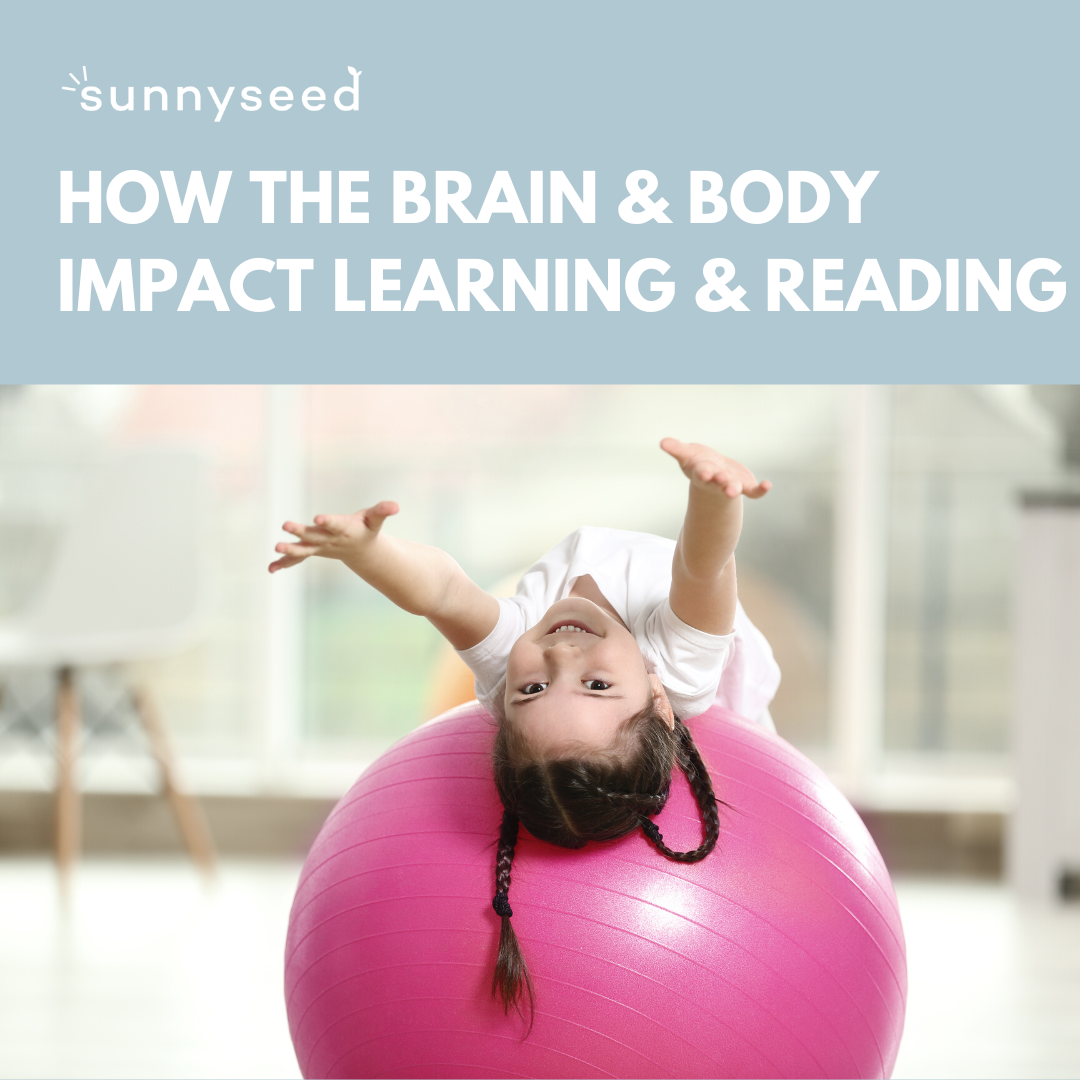The Best Age to Learn to Read
What’s the Best Age to Learn to Read?
Though most parents want to instil a love of reading in their children, there’s a lot of conflicting advice out there about how best to teach your child this essential skill. With so many learn-to-read apps, books and programs available, it’s no wonder parents feel overwhelmed! But with accurate, research-based information as our starting point, we can support our child’s reading adventure with confidence.
“There is no evidence globally to suggest reading at age five leads to greater academic success.” - Reading Instruction in Kindergarten: Little to Gain and Much to Lose (Alliance for Childhood; Defending the Early Years, 2015)
No two children are the same
Let’s answer the most basic question first – is there a “right” time to learn to read? Though American schools begin at around age six in late kindergarten, other countries begin around age eight and show no deficits to waiting later. I’d argue there are incredible benefits to a rich childhood rooted in play and taking the time to foster critical early literacy skills. The truth is that every child is different. If you’re a mom to more than one child, you’ve probably already noticed innate differences between them. Some children pick up reading more easily, while others take longer and need to be encouraged. Developmentally, the best window of opportunity is between ages 6-8. Of course, try to follow your child’s lead and support them by fostering early literacy skills first.
Learning to read is not one skill, but many
Like everything your child has learned so far, reading is a complex process consisting of many smaller developmental milestones. It might not seem like it, but your child has been steadily mastering early literacy skills since the day they were born. Between the ages of 1 to 3, a child’s brain develops more rapidly than at any other time of life. These little learning machines are hard at work grasping the basics of language and communication. Learning to read can not be seen as a new and separate skill, but rather as a continuation of the learning your child is already engaged with. This is why I am not a proponent for pushing academics, yet want parents to understand how early literacy skills layer together so that children are prepared when the time is right!
The risks of starting too early
Most children tend to start reading at around first grade. If your child shows a deep interest in reading before then, you can follow their lead and begin slowly with phonics, but many educational experts warn against rushing to read earlier than this.
“Early miseducation can cause permanent damage to a child’s self-esteem, the loss of a positive attitude a child needs for learning, the blocking of natural gifts and potential talents.” {Elkind, D. Miseducation: Preschoolers at Risk}
Reading is complex. Memorizing sight words is not reading and should not be the first thing we teach children learning to read! Truly, it can do more harm than good. Reading requires a strong foundation in alphabet knowledge, phonemic awareness, explicit phonics instruction (something most schools and programs lack), decoding skills, vocabulary, comprehension, fluency, verbal reasoning, working memory, and visual skills. Rushing one component can cause a cascade of issues down the line.
The chances of misdiagnosing a learning disability are higher with younger readers, who naturally have shorter attention spans. Being labelled a slow reader early on could lower your child’s confidence, and have lasting consequences.
Experts believe the eye muscles and visual skills required for reading letter by letter are not strengthened until after the age of 5.
Kids need MORE play, not more academics! Research has found the executive functioning of the brain develops through pretend play and this significantly aids in reading comprehension! Research shows the links between play and foundational capacities such as memory, self-regulation, oral language abilities, social skills and success in school. (source Steglin, Fite, Wisneski. The Critical Place of Play in Education. (2015). [Source]
As an elementary teacher and certified reading specialist, I do not agree with the state and districts’ standards pushing all children to memorize sight words and read in Kindergarten. Reading instruction is the most heavily studied aspect of human learning and the research is very clear: children need a STRONG foundation of early literacy skills, phonemic awareness, and explicit phonics instruction. These skills take time and intentional instruction.
The risks of starting too late
Three longitudinal studies tracked the reading development of children beginning in first grade to ask the important question: Do struggling readers catch up? The data is clear. Late bloomers (in reading) are very rare. Skill deficits are almost ALWAYS what prevent children from blooming as readers. The studies tracked students using a variety of standardized tests of phonemic awareness, decoding, word recognition, listening comprehension, and read comprehension. Over the next three years, the poor readers (scoring in the bottom quartile) never caught up on ANY measure of reading ability.
There is a 88% chance that a poor reader in first grade will remain a poor reader. Early intervention matters.
Children at risk for reading failure fall behind very early in the process of learning to read. Therefore, they can be identified in kindergarten, early first grade, or even earlier. Remember, reading skills layer and weave together! A deficit in one area impacts the rest.
Poor readers do not catch up unless we intervene with intensive instruction.
Your role as a parent
The best way to make sure your child masters reading may not to be to focus on reading itself, or the right age to start. Rather, spend time laying the groundwork so that they are equipped to make a strong start when they are ready. A proactive approach is the best approach!
You may already be nurturing pre-reading skills without knowing it. Research consistently finds that children read better when in environments that encourage familiarity with books and reading.
You can cultivate this environment by:
Reading with your child every day.
Displaying books throughout the house. Studies show a steady stream of new books triples reading interest.
Visiting the library so they can see others enjoying books and can choose their own books
Cultivating a strong foundation of early literacy skills in the young childhood years.
Keeping the experience relaxed and positive.
Go slowly and take breaks; shorter literacy activities more often are best.
If you sense your child has reading gaps or is struggling, start a conversation with a certified literacy professional. Evidence based reading instruction should include phonemic awareness, explicit phonics instruction, and guided reading.
Encouragement
Children who learn from parents that reading is fun show more effort learning how to read. {Source: National Research Council, 1998}
Parental emphasis on reading as entertainment, rather than as a chore, develops a more positive attitude toward reading in children. {Source: Baker et al., 1997}
Children who are read to 4+ times a week by a parent are twice as likely to score in the top 25%. {Source: Denton, et al., 2002}













